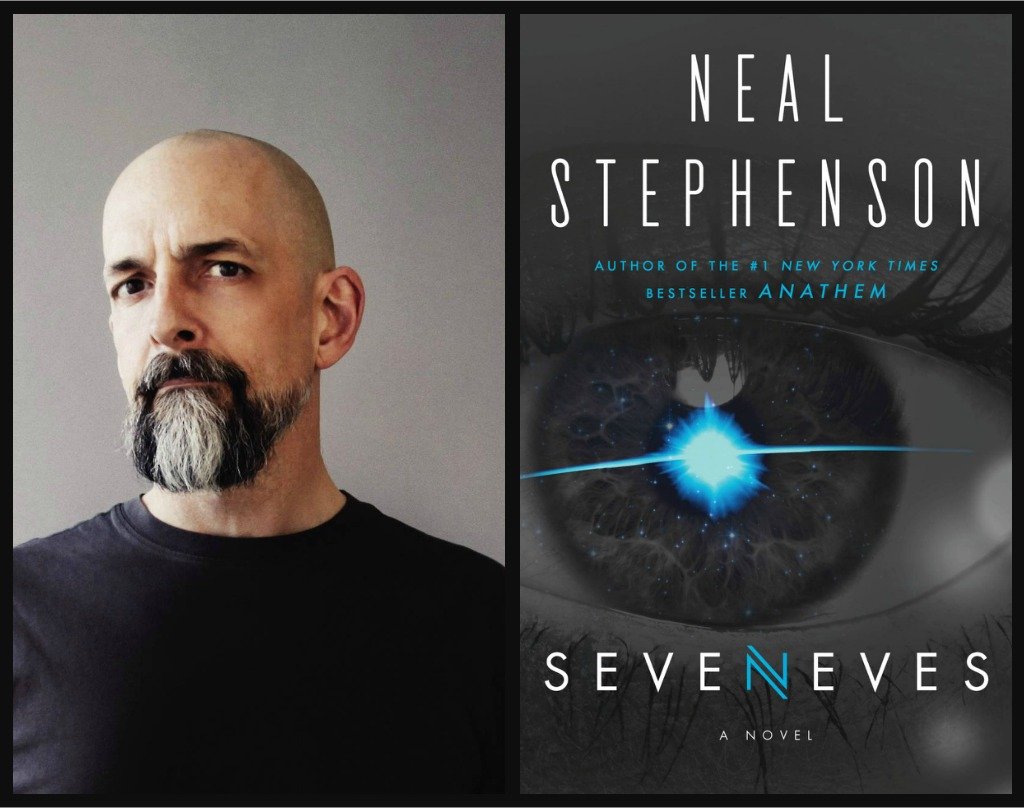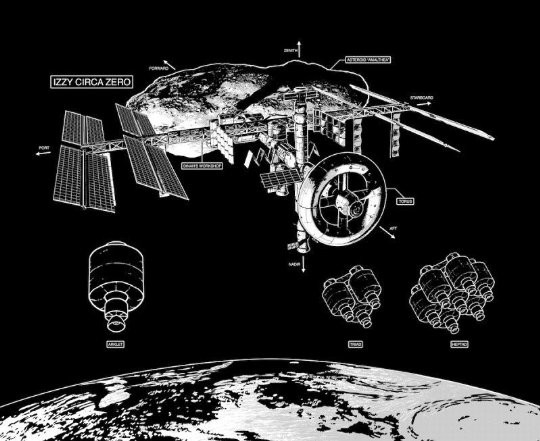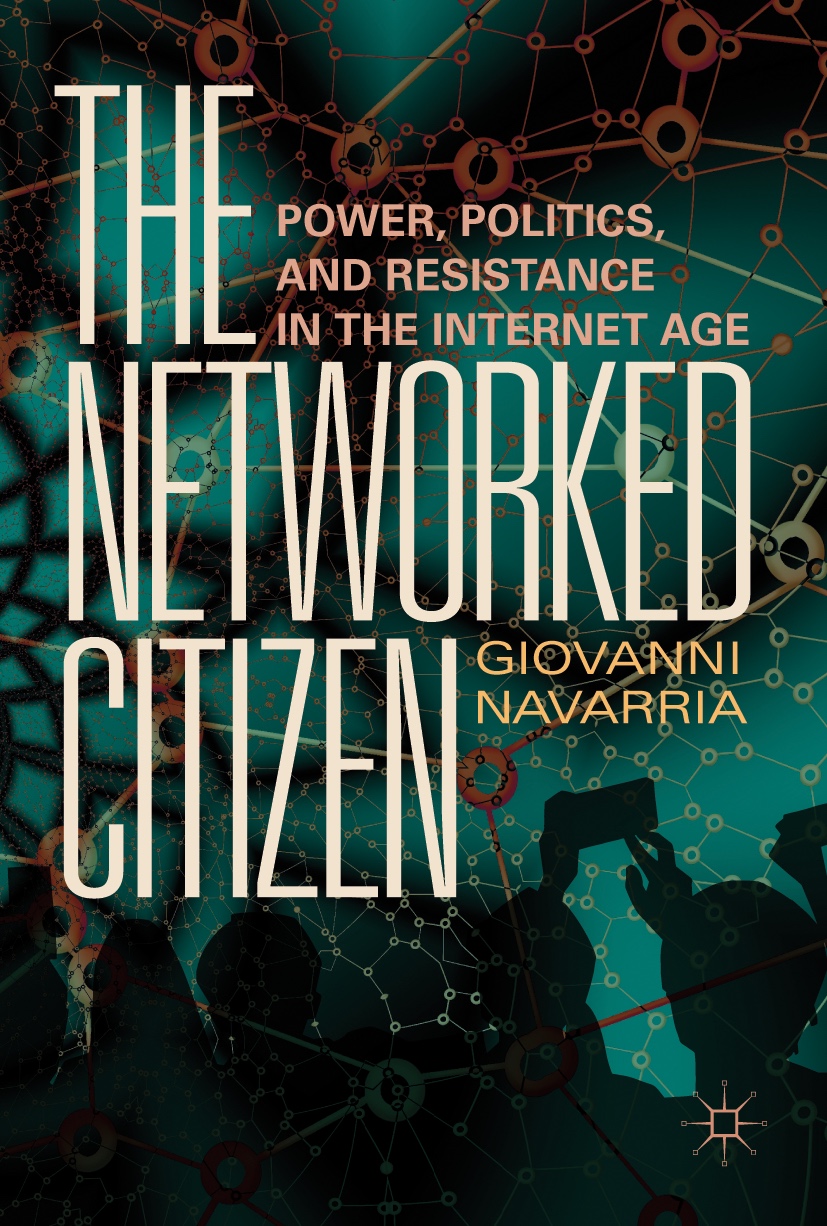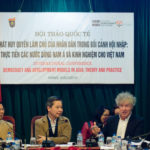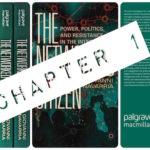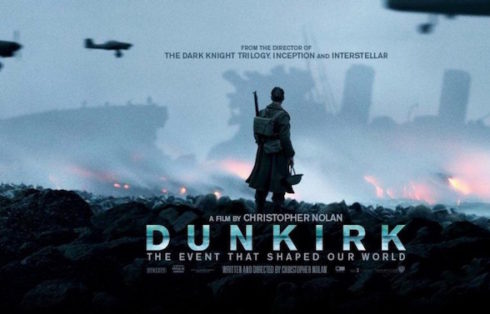Review: Seveneves (***)
(Originally published in Blogcritics.com)
Seveneves would have certainly worked better as two stand-alone novels. Stephenson should have paid more attention not only to the structure, but also to the style. His writing needed to be more focused on the story and characters, than interesting facts. And yet, its many flaws notwithstanding, the book remains (mostly) an enjoyable read and one of the most remarkable sci-fi world-building novel of the last decade, at least.
Seveneves by Neal Stephenson is a novel about humanity’s resilience and imaginative resourcefulness in the face of an Extinction Level Event. The story centers on how humanity races to survive the sudden and unexplained break-up of the Moon.
In the aftermath of the break-up, a scientist predicts that within about three years, a “hard rain” of trillions of Moon debris will fall on Earth. It will be “a meteorite bombardment such as Earth has not seen since the primordial age.” The planet’s atmosphere will become a “dome of fire that will set aflame anything that can see it.”
The scientist is “Doc” Dubois Harris, a central character in Seveneves. He is a renowned public science communicator, who acts very much in the mould of a Neil Degrasse Tyson or a Carl Sagan.
Doc’s gloomy prediction is that the dome of fire will sterilize the “entire surface of the Earth”. The planet will become hostile to life for at least several thousand years. So if humankind wants to survive, it must find shelter elsewhere.
Space and the International Space Station become the cradle around which humanity must build its twenty-first-century Ark. A few thousand humans are carefully selected from all over the world to become humanity’s future. After a short training, they will be sent to the Ark, before the hard rain starts falling.
Along with people, the new Ark will receive several loads of “vitamins” (these include actual vitamins, medicines, microchips and all that can be helpful to survive until humanity becomes self-sufficient in its new space dwellings).
An important part of the cargo is a database of DNA samples representing the entire genetic spectrum of humanity. The hope is to use these samples to repopulate the Earth, once the planet becomes habitable again.
Dr Moira Crewe is the geneticist sent aboard to look after the database and ensure humanity’s genetic survival. Naturally, not everything goes as predicted.
Stephenson deserves much praise for his work and craft. The story offers the reader a cornucopia of most of science fiction’s beloved tropes.
The power of technology; dangerous space travel; incredible space habitats; ingenious minds and larger-than-life tragedy. And naturally, there is plenty of techie jargon. But also, we are fed a generous amount of information on how things work in space. Though most of the facts and info are probably rewarding for serious sci-fi geeks, for the casual reader it all might be too overwhelming.
The novel also has plenty of high-octane action. And it is populated with several interesting and lovable characters (most of them women, especially in the first two parts; in the third part the balance tilts more towards men). There are some villains, but alas, none of them particularly unforgettable.
Some of the characters will undoubtedly remind the reader of real-life persons: Elon Musk and Hillary Clinton, to name two.
No serious sci-fi fan will be left, overall, cold by this mammoth of a novel. Seveneves is a book (mostly) worth reading if you have time and patience and are a reader inclined to forgive ambitious writers. But the book is not without flaws.
At times, especially during the first part, it is hard to put the book down. Then the pace slows to a crawl, and the narrative seems to lose some depth, while the limits of Neal Stephenson’s talent, inevitably, come to the fore.
Here (without spoilers) some of the main issues:
Philosophically weak
The book is full of fascinating passages, and it asks some intriguing questions about how to survive an Extinction Level Event. Yet Stephenson is more interested in the mechanics of that survival than in its philosophical side.
He never really dwells in-depth with the many moral and philosophical questions posed by the possible fast extinction of the human race (and who to save and who to condemn to a horrible death).
Most of the characters who make into space sport an almost cold-scientific, nonchalant attitude towards the departed, those left behind, even when these are their sons and lovers.
Take Doc Dubois: he is selected to go to space – hence to be saved – but his children (all adult) and his new wife are not. Not once he shows the reader a true moment of doubt. Shouldn’t he have remained on Earth and suffer the same fate of his beloved ones? Was he never tempted to “cheat” and try to save at least one of his children? They die, and he brushes the whole thing away, rather quickly.
The same happens to Dinah (the robot/mining expert, one of the main characters and one of the best). Though Stevenson makes her show a bit more emotions than Dubois (perhaps because of her gender), she does not act that differently. In this book, there seems to be never time for emotions or mourning the dead; they all have to rush.
So even Dinah brushes away the death of her loved ones in the blink of an eye. In a particular case, it takes her few hours to move on from a particularly tragic death of one main character (cannot say more because of spoilers).
These pages show the great limits of Neal Stephenson as a writer. He is capable of describing in great detail how to build a world in space and why Delta-V I so important, but he has no touch or skills to deal with human emotions.
Definitely, too long and unbalanced
Seveneves is a very long text, and it is in effect two novels in one, one long and one short.
The first two thirds (part one and two) could have been published as a stand-alone novel. They deal with the race to survive the break-up of the Moon and its fallout on Earth. Part Three, titled Five Thousand Years Later, could have been a short novella.
As it is, the book is not as satisfying as the reader might have expected from its promising start.
Stephenson commits an unforgivable crime. By virtue of shifting the narrative five millennia into the future, at the beginning of part three (no much spoiler there), all the characters we care for are no longer around. They are dead.
At the end of part two, readers had closure. But then the reader turns the page and must move on. But it is difficult to start all over again and somehow try to care about a new set of characters. Meanwhile, following a story that clumsily tries to tells us what happened “after”. The third part reads more like an underdeveloped draft than a polished manuscript.
The ending of part two is probably a much better and much more satisfying ending than the actual ending of the book, about 300 pages later. No reader would have complained about it, even with its clumsy and rather unconvincing theatrical gimmick to reduce the human population and thus justify the book’s title. The end was final and full of promises. No cliffhangers, just possibilities.
Stephenson then could have expanded part three and make it into a proper stand-alone novella and tell us a bit more about the outcome. Instead, he overstretched himself and delivered a lame third act. The first two parts of the book cover five years, the last third attempts to make sense of the next five thousand years.
If it is true that the story in this third part mainly covers a few days of a few chosen characters (mainly men), Stephenson attempts (never really convincingly) to explain to the reader what happened in the preceding five thousand years, it is too much. We have no time really to grow emotionally attached to these characters (though some of them – Kath Three, Cyc, and Ty especially – showed promises).
More importantly, the story in the third part is far from imaginative; in fact, it is quite conveniently predictable. No reader (especially those who liked H. G. Wells The Time Machine and Jules Verne’s stories) would be surprised by how the story evolves in the last part of the book; and undoubtedly, many readers would be left cold (or utterly disappointed) but its faltering unfolding.
After the long and (mostly) exciting roller-coaster ride in the first two parts of the book, the third part feels like a ride on a children’s carousel. Saying more about this would entail several spoilers, so it suffices here to say that by not separating the third part from its preceding parts, Stephenson cannot expand its premise adequately and remains stuck in it. Disappointingly, we never really find out what happened to the world (especially the non-American-world).
Whereas in the first two parts there are, literally, billions of deaths (including some rather dramatic and tear-jerking sacrifices), the third act has very little drama in it. Stephenson let his readers down with the underdeveloped third part.
Very few readers, undoubtedly, would be satisfied with it. Both the writing and the tension in the final scenes, especially, the last two pages are, to put it mildly, rather weak. After more than 800 pages one would expect a bit of a juicier ending.
Verbose narrative
The narrative, especially in the first part of the book, is often bogged down by the author’s desire to be thorough in his scientific expositions (to the last microscopic detail) of how things work.
As a student who wants to impress his teacher badly, Stephenson seems to want to impress his readers by showing off that he has done his homework. What he says, what his characters do, he wants us to know, is not fantasy. Seveneves is not Star Trek. Stephenson’ world-building is not impossible, but it is rooted in hard science (or not unlikely science, at least).
The writer’s efforts deserve praise, but his technique is sloppy. Instead of integrating the must-know-details within characters’ stories or dialogue, Stephenson’s know-it-all narrator goes off on endless and tedious tangents that never feel like part of the story.
There are many passages in the book that read like technical manuals on how to do things or solve problems on a space station rather than a novel. They all read like interesting but avoidable and excessively long footnotes. The reader is given lectures on how things work while the characters and the story are momentarily placed on hold (for far too long at times).
Again, some of the stuff is truly fascinating (and it is part of the charm of this book). But one wonders if is it really relevant for the story to saddle the readers with several pages on Delta V or Radiations (or many of the other narrative tangents Stephenson takes along the way)?
Stephenson’s could have used those pages more wisely and concentrate more on developing both the characters and the story. For instance, he never tells us about other projects to save humanity, apart from the Space Ark. Are there no other government-led attempt to survive on Earth? Though the USA President – a woman – plays an important part in the book, Stephenson’s never decides to use her to tell the reader what is happening on Earth.
The title
Without given away any spoilers, the use of Seveneves as a one-word title is misleading and forced onto the reader without any real justification (except for its palindromic nature, I guess). It is never explained why it is one word, and it should have been, as it is clear, by the end of the second part, two words. Seven Eves would have been a better title (at least for the first two parts of the novel – it doesn’t really fit with the third part narrative.)
Final thoughts
Seveneves would have certainly worked better as two stand-alone novels. Stephenson should have paid more attention not only to the structure but also to the style. His writing needed to be more focused on the story and characters than interesting facts. And yet, its many flaws notwithstanding, the book remains (mostly) an enjoyable read and one of the most remarkable sci-fi world-building novel of the last decade, at least.
The film version is already in the making. I hope Ron Howard and Skydance Productions, who are working on it, analyze the book shortcomings closely, especially when deciding on the film’s ultimate structure.
Seveneves might be the one case where splitting one novel into two films might be a good idea, and not an excuse to milk the proverbial cash-cow (as it was the case of the three-parts The Hobbit). If that’s the case, I am looking forward to watching Seven Eves: Part I and Seven Eves: Part II.
